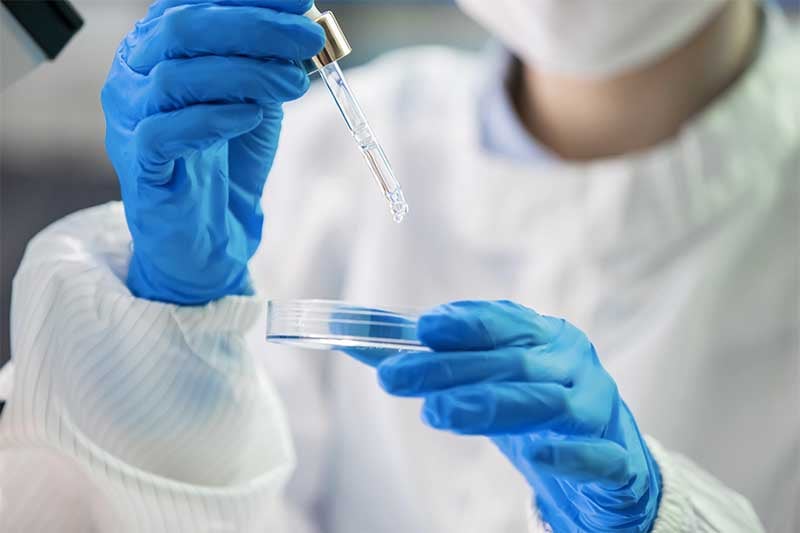Australian clinical-stage drug development company Noxopharm Limited (ASX:NOX) has received approval for its Veyonda development to move into its second and final stage of the NOXCOVID-1 clinical trial on the advice of the clinicians treating the NOXCOVID-1 patients.

Part 1 of the NOXCOVID-1 trial involved 26 patients and was a dose-escalation arm testing the safety of increasing (400, 600, 800, 1200, 1800 mg) daily Veyonda dosages. The 1800 mg dose was deemed by the clinicians to be sufficiently well tolerated in patients with moderate COVID-19 disease to become the preferred dose. The high tolerance of the drug by patients with very poor lung function provides further evidence of the safety of Veyonda in patients with acute illness.
Veyonda is being tested for its ability to block the phenomenon known as cytokine release syndrome (CRS), or cytokine ‘storm’, and thereby reduce long-term disabilities and death in COVID-19 patients.
This ‘storm’ leads on to a life-threatening condition known as septic shock, associated with a broad range of long-term disabilities in both young and older patients, and death in severe cases. It is not specific to the current pandemic, although the death rate from the pandemic currently stands at over 2.5M, many of which are believed to involve CRS and septic shock.
To put this in context, pre-pandemic, septic shock was believed responsible for an estimated 10 million death p.a., putting it in the top 5 major causes of human death globally from disease.
Noxopharm CEO, Dr Graham Kelly, said it is a so-called ‘storm’ because of a sudden and entirely inappropriate surge in the blood of dozens of pro-inflammatory chemicals known as cytokines, resulting in damaging levels of inflammation in blood vessels and major organs. In the case of infection with the COVID-19 virus or other viruses such as the influenza virus, the trigger for CRS is virally-induced lung damage.
Veyonda is being tested for its ability to block the development of CRS in COVID-19 patients with moderate lung damage that is placing them at high risk of developing CRS and septic shock. The aim is to prevent their progression on to needing mechanical ventilation and ICU care, the development
The high potency of Veyonda in blocking cytokine release from damaged tissue in the laboratory meant we were obliged to adopt a very cautious and methodical approach when being used for the first time in patients with poor lung function. We can now be confident that Veyonda, despite its potency, is well tolerated at a dosage we believe will be therapeutic,” Dr Kelly said.
“What marks Veyonda as a highly promising drug prospect, where many other drugs have failed in this quest, is its ability to block the release of a wide range of these cytokines. Many of these other drugs block individual cytokines. In the face of surging levels of large numbers of cytokines, it is rational to think that the more cytokines a treatment can block, the better the outcome is likely to be in CRS.
“Moving onto Part 2 of the trial represents an important step towards our goal of seeing Veyonda become an effective and safe treatment of septic shock, not just in COVID-19 patients, but as one of the most common causes of human death from infections and severe trauma.”
Part 2 of the NOXCOVID-1 trial now is starting to recruit a minimum of 10 and up to 15 patients with moderate to severe lung dysfunction. Patients will be treated for up to 14 days with an 1800 mg Veyonda dose each day.
Part 1 patient blood (Cohorts 1-4) currently is being analysed for 60 pro-inflammatory (cytokines, chemokines) factors in what the company believes will be one of the most comprehensive analyses of its kind in COVID-19 disease.




